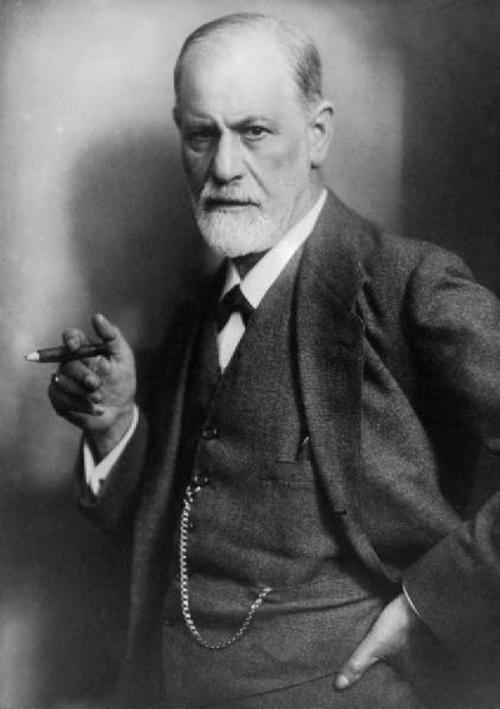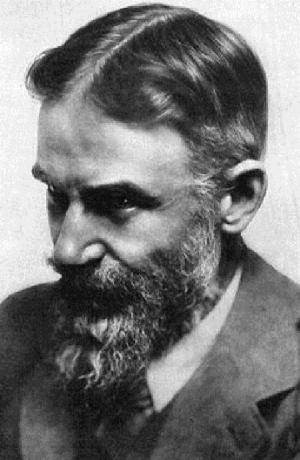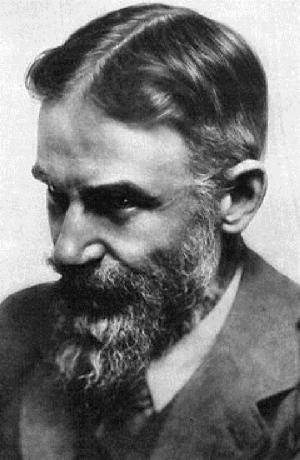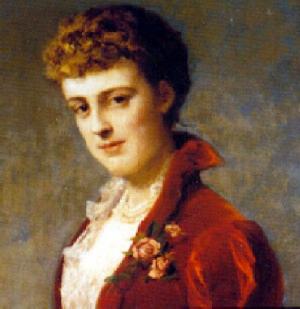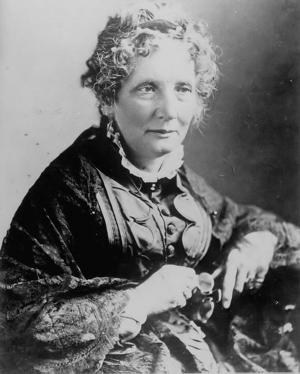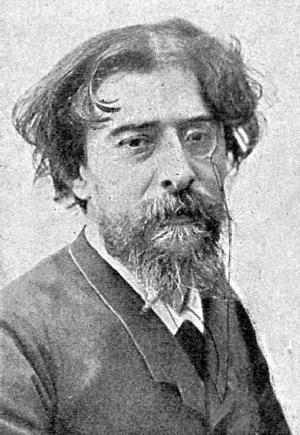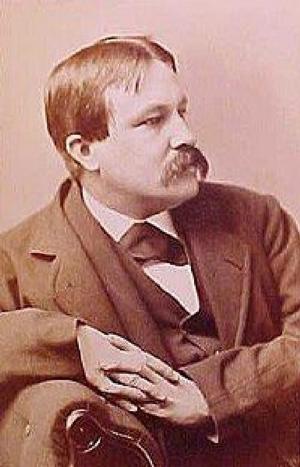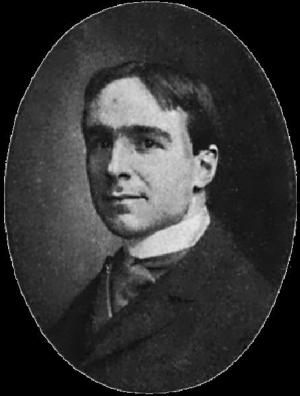Jenseits des Lustprinzips (in the original German)
Nonfiction, Health & Well Being, Psychology, Psychoanalysis, Human Sexuality| Author: | Sigmund Freud | ISBN: | 9781455361922 |
| Publisher: | B&R Samizdat Express | Publication: | December 15, 2009 |
| Imprint: | Language: | German |
| Author: | Sigmund Freud |
| ISBN: | 9781455361922 |
| Publisher: | B&R Samizdat Express |
| Publication: | December 15, 2009 |
| Imprint: | |
| Language: | German |
Classic work of psychology, in the original German. According to Wikipedia: "Sigmund Freud (May 6, 1856 September 23, 1939), was an Austrian neurologist who founded the psychoanalytic school of psychology. Freud is best known for his theories of the unconscious mind and the defense mechanism of repression and for creating the clinical practice of psychoanalysis for treating psychopathology through dialogue between a patient and a psychoanalyst. Freud is also renowned for his redefinition of sexual desire as the primary motivational energy of human life, as well as his therapeutic techniques, including the use of free association, his theory of transference in the therapeutic relationship, and the interpretation of dreams as sources of insight into unconscious desires. He was also an early neurological researcher into cerebral palsy. While many of Freud's ideas have fallen out of favor or have been modified by Neo-Freudians, and modern advances in the field of psychology have shown flaws in many of his theories, Freud's work remains important in the history of clinical psychodynamic approaches. In academia, his ideas continue to influence the humanities and some social sciences."
Classic work of psychology, in the original German. According to Wikipedia: "Sigmund Freud (May 6, 1856 September 23, 1939), was an Austrian neurologist who founded the psychoanalytic school of psychology. Freud is best known for his theories of the unconscious mind and the defense mechanism of repression and for creating the clinical practice of psychoanalysis for treating psychopathology through dialogue between a patient and a psychoanalyst. Freud is also renowned for his redefinition of sexual desire as the primary motivational energy of human life, as well as his therapeutic techniques, including the use of free association, his theory of transference in the therapeutic relationship, and the interpretation of dreams as sources of insight into unconscious desires. He was also an early neurological researcher into cerebral palsy. While many of Freud's ideas have fallen out of favor or have been modified by Neo-Freudians, and modern advances in the field of psychology have shown flaws in many of his theories, Freud's work remains important in the history of clinical psychodynamic approaches. In academia, his ideas continue to influence the humanities and some social sciences."
